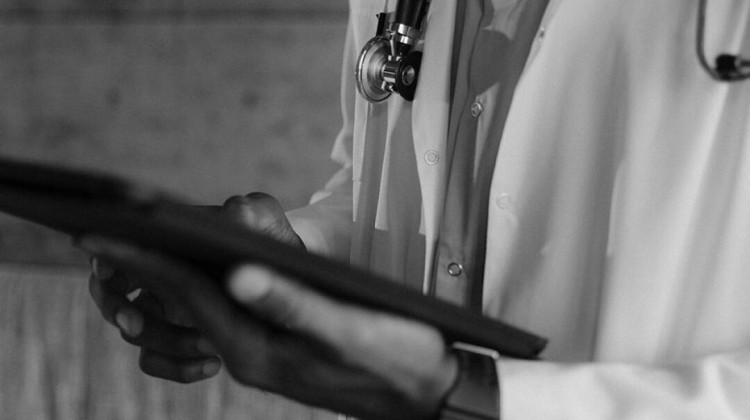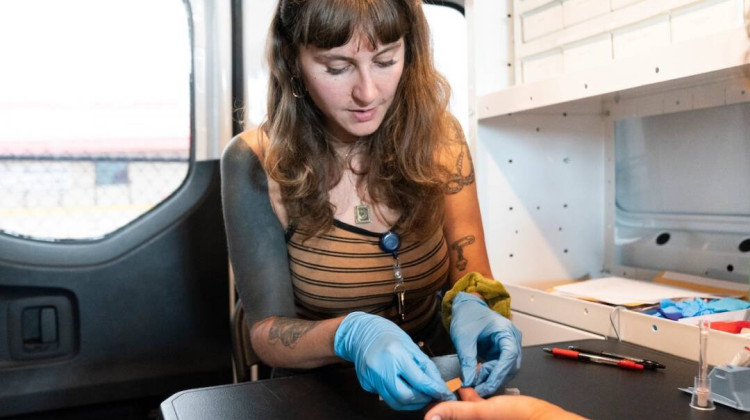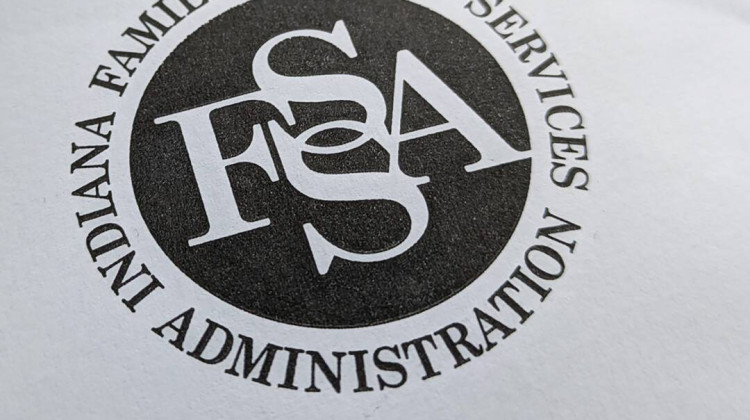
Site-neutral payments may save taxpayers up to $150 billion over a decade. But hospitals say the proposal can be detrimental to the survival of rural hospitals.
Tima Miroshnichenko / PexelsRepublicans in Congress are looking for ways to shrink federal spending. Some proposed cuts are deeply unpopular and face siginificant pushback from within the Republican party, as well as from Democrats. But there is one proposal that has broad bipartisan support: site-neutral payments.
The Checkup's question is: What are site-neutral payments and why are rural hospitals concerned about that proposal?
Side Effects Public Media's Lizzy McGrevy spoke with Melanie Evans, a producer with the health policy news organization Tradeoffs about that.
This transcript has been edited for length, style and clarity.
Lizzy McGrevy: What are site neutral payments, and how can they save taxpayers so much money? I read that they could save taxpayers up to $150 billion over a decade.
Melanie Evans: Yeah, so the name site-neutral is really awful and awkward, but the idea behind it is actually pretty simple. Currently, Medicare pays more to clinics that are owned by hospitals than it pays to other clinics. These are independent imaging centers or a clinic owned by a physician.
So, this is where site-neutral comes in.
These higher payments to hospital-owned clinics add up to billions of dollars a year. Medicare could save a lot of money if it switched to just paying all hospitals the same, and that is site-neutral in a nutshell.
McGrevy: So, we've talked about the dollars, but let's talk a little bit about patient experience. How could this policy impact the patients' experience within the healthcare system?
Evans: There are about 34 million Americans with traditional Medicare, and they pay 20% of their clinic bills. So, at a clinic owned by a hospital, that bill is higher. They would spend less if Medicare switched to paying most clinics the same. One analysis I read said Medicare cancer patients would save between $300 and $1,000 on chemotherapy under site neutral.
But there's another way this could save money.
Economists said that if Medicare paid all clinics the same, maybe hospitals wouldn't buy up so many clinics. When hospitals buy up clinics, they get bigger and bigger, they start eliminating the competition, and then they have the power to raise prices for everybody, including privately insured workers and their employers.
McGrevy: Well, this proposal has bipartisan support, which is refreshing, but we wouldn't be having this conversation if there wasn't some pushback. Can you walk us through some of that pushback and those concerns?
Evans: Yes, so, hospitals are opposed to site-neutral payments. They say they need the higher payments for Medicare to cover all of their higher costs. They have more regulation than other healthcare providers. They have a lot of expensive technology. They have really highly skilled workers who are highly paid. They're open around the clock.
Rural hospitals in particular are saying they should be exempt from any site-neutral proposal, and that's because not only do they have all of this high overhead, but they are typically in sparsely populated areas, which means that they don't have as many patients to cover those costs. They're concerned that under site-neutral payments they would get less money, and that would force them to close services or close their doors.
McGrevy: That certainly throws a wrench into this proposal. Can Congress make a sweeping exemption for rural hospitals? What are some other options you're hearing?
Evans: So, yes, they could exempt rural hospitals, but there are kind of two issues with that. The first: Republicans are looking for a lot of savings for their tax cuts. And the second is that if you exempt rural hospitals, Medicare patients in rural areas are still paying more. So, I spoke to a number of people who really don't like that idea.
The other proposal is requiring site-neutral payments for all hospitals, including rural hospitals, but then giving really distressed facilities an extra subsidy. The real trick here is for Congress to decide which hospitals are truly distressed and need a subsidy and which might be able to get by without it.
McGrevy: Thank you for this information and for spending time with us today, Melanie.
To learn more about Evan's reporting on site-neutral payments, you can listen to the latest podcast episode from Tradeoffs.
Tradeoffs is an editorial partner of Side Effects Public Media.
The Checkup by Side Effects Public Media is a regular audio segment on WFYI's daily podcast, WFYI News Now.
Side Effects Public Media is a health reporting collaboration based at WFYI in Indianapolis. We partner with NPR stations across the Midwest and surrounding areas — including KBIA and KCUR in Missouri, Iowa Public Radio, Ideastream in Ohio and WFPL in Kentucky.
 DONATE
DONATE






 Support WFYI. We can't do it without you.
Support WFYI. We can't do it without you.